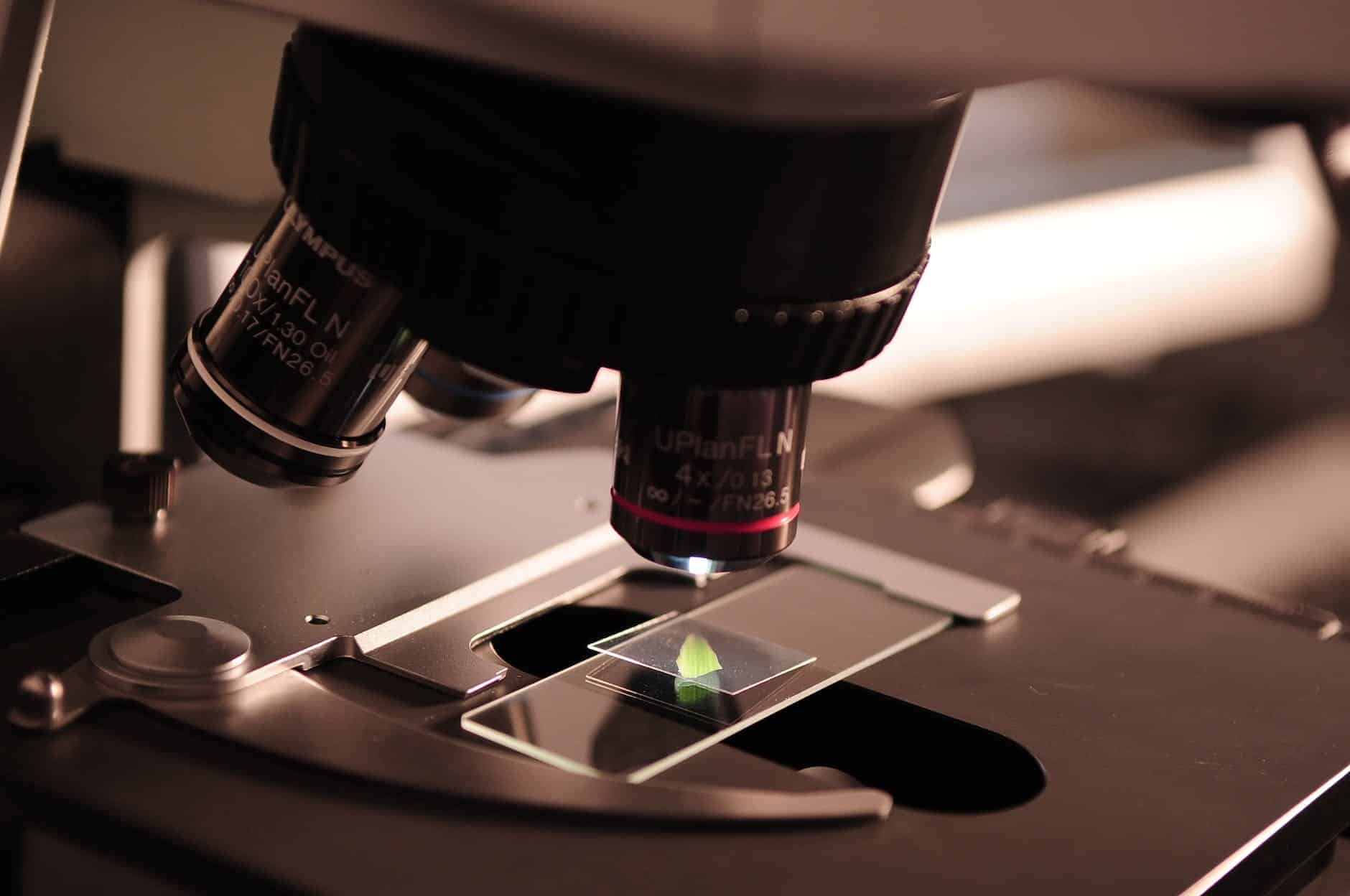Introduction:
Life sciences, with its multidisciplinary approach and deep understanding of biological systems, have had a profound impact on various fields beyond traditional scientific research. From technology to industry, the influence of life sciences has been transformative. In this blog, we will explore how life sciences have shaped and revolutionized other domains, such as technology, industry, ethics, and policy, fostering innovation and driving progress.
I. Technology: Inspiring Innovations and Breakthroughs
Life sciences have served as a catalyst for technological advancements. The integration of biology and technology, known as bioengineering or biomedical engineering, has given rise to remarkable innovations. Fields like biotechnology, bioinformatics, and biomedical devices have revolutionized diagnostics, drug delivery systems, prosthetics, and wearable health monitoring devices. The convergence of life sciences with technology has paved the way for the development of cutting-edge tools and techniques that have revolutionized industries and transformed lives.
II. Industry: Enhancing Productivity and Sustainability
Life sciences have had a significant impact on various industries, including pharmaceuticals, agriculture, and energy. In the pharmaceutical industry, advancements in life sciences have streamlined drug discovery, reduced development costs, and improved the efficiency of clinical trials. In agriculture, genetically modified crops and precision farming techniques have increased productivity, improved crop quality, and reduced environmental impact. Life sciences have also contributed to the development of sustainable biofuels, bio-based materials, and environmentally friendly manufacturing processes, enabling industries to move towards a more sustainable and eco-friendly future.
III. Ethics: Shaping Ethical Considerations and Discussions
The rapid advancements in life sciences have raised important ethical considerations and sparked thought-provoking discussions. Controversial topics such as gene editing, cloning, and stem cell research have compelled societies to grapple with the ethical implications of these technologies. Life sciences have influenced the formulation of ethical guidelines, regulations, and policies to ensure responsible and ethical use of these powerful tools. The ongoing dialogue between scientists, policymakers, and the public has been instrumental in shaping the ethical framework that governs the use of life sciences.
IV. Policy: Guiding Evidence-Based Decision Making
Life sciences have informed evidence-based policymaking in various arenas, ranging from healthcare to environmental conservation. Policy decisions related to drug approvals, healthcare regulations, and public health initiatives heavily rely on scientific research and findings from life sciences. Moreover, life sciences have contributed to understanding the impact of climate change on biodiversity, informing conservation policies and sustainable resource management. The integration of life sciences with policy-making processes has resulted in more informed decisions and effective solutions to societal challenges.
V. Education and Outreach: Inspiring the Next Generation
Life sciences have played a vital role in inspiring and engaging the next generation of scientists, innovators, and researchers. The impact of life sciences extends to educational institutions, where curricula are designed to incorporate hands-on experiences, research opportunities, and practical applications. Additionally, outreach programs and science communication efforts have made complex life science concepts accessible to the general public, fostering scientific literacy and encouraging public engagement in scientific discourse.
Conclusion:
The impact of life sciences extends far beyond its immediate domains, reaching into technology, industry, ethics, policy, and education. By driving innovation, influencing ethical considerations, informing evidence-based decision-making, and inspiring future generations, life sciences have become an integral part of our society. As we continue to explore the frontiers of life sciences, it is essential to recognize and harness its transformative power, ensuring responsible and ethical practices that benefit humanity and the world at large. The interdisciplinary nature of life sciences will continue to shape and revolutionize other fields, fostering a future filled with possibilities and advancements.

